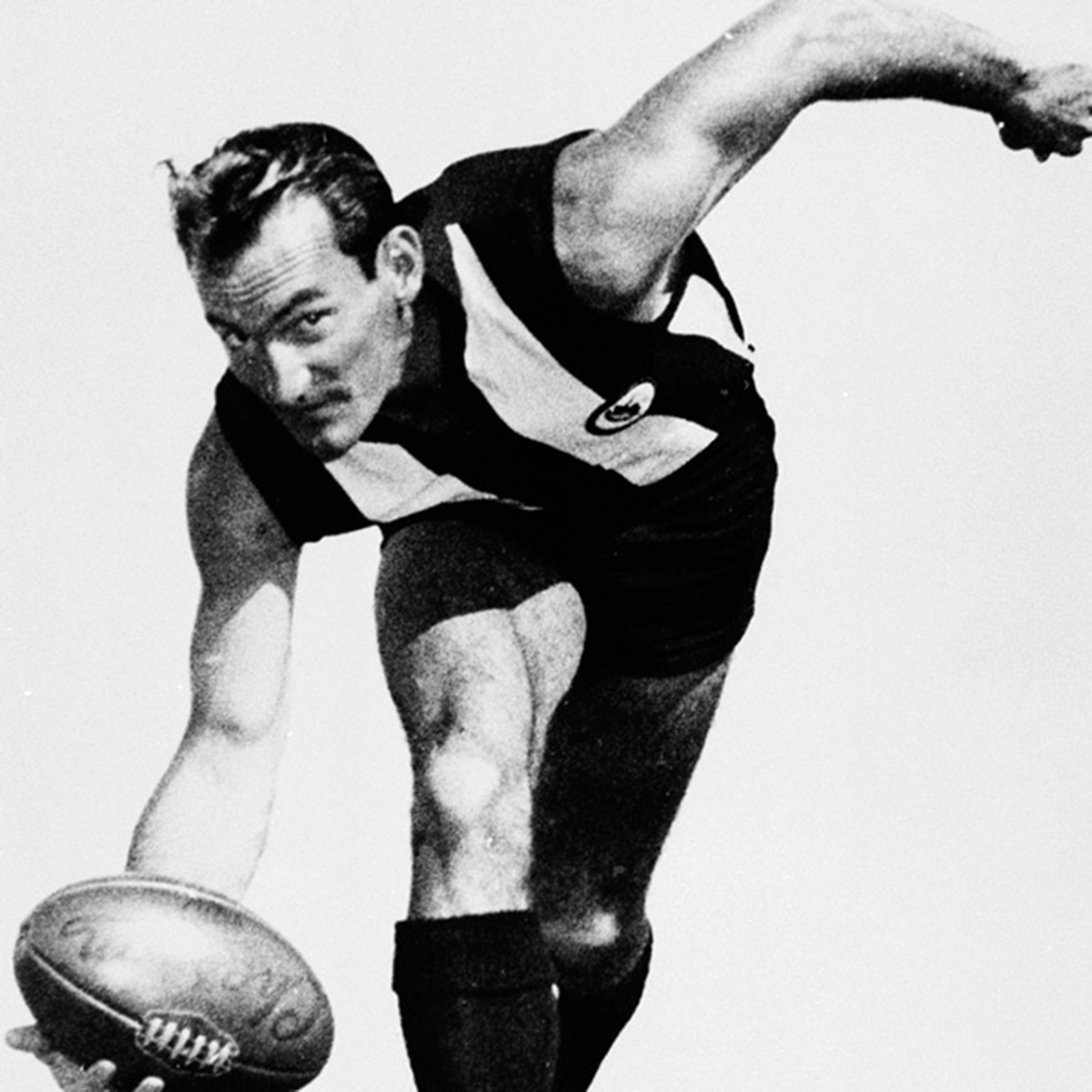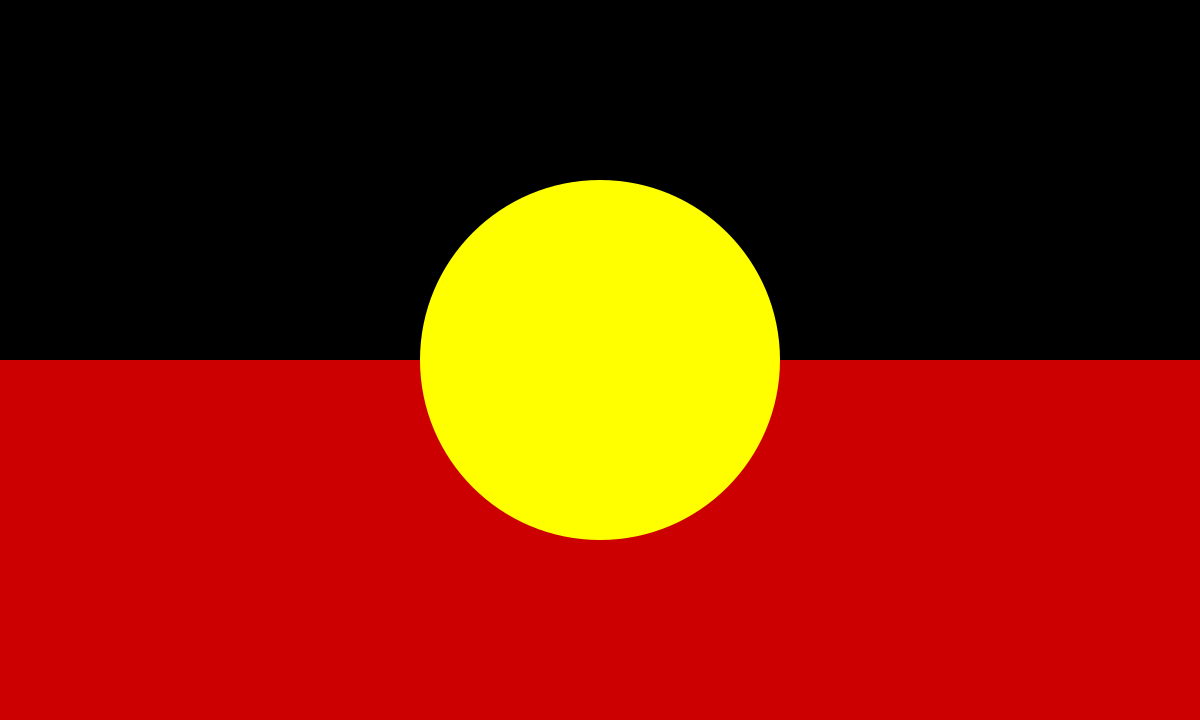Born Huntley, New Zealand
23 February, 1942
A one-year trial period to test himself out as a league footballer turned into a magnificent 17-year career for a youngster from the country.
Bill Walker, born in New Zealand but raised in West Australia Wheat-belt town of Narembeen, proved to be a roving master who earned himself a permanent place in the State’s sports history. In 1961, at the age of 19, he came to Perth to try city life for a year and see if he was up to league football standard/ Walker picked lowly Swan Districts, the last in 1960, to be his testing ground – and that was the start of an era of success for both parties.
Swans started their rag-to-riches story with a Premiership in the first year and Walker had begun a career that was to see him play a record 305 games for his club, 25 for the state (earning All-Australian selection) and become one of football’s most highly decorated players.
After playing an important support role to captain-coach Haydn Bunton in the Swans hat-trick of premierships (1961-62-63), Walker blossomed as a rover in his own right to win the Sandover Medal as W.A.’s fairest and best player in 1965, repeating the effort in 1966 and again in 1967, tying that time with John Parkinson to share the award. In 1970 Walker became the first player to win four Sandover Medals when he tied with Perth’s Pat Dalton. A Simpson Medal for the best player against South Australia- in a display regarded as one of the finest ever by a rover at Subiaco Oval – was earned in 1967 and between 1965 and 1970 he won five fairest and best awards at Swans.
A man of relatively small stature, Walker had immense strength and speed, and could snap-kick goals with uncanny accuracy with either foot. His elusive will-of-the-wisp style made him a difficult player to curb. Walker took on the role of captain-coach at Swans from 1969 to 1971 and on his retirement as a player, he served on the club’s Board of Director’s, rising to president in 1983. This was in the midst of their second reign of power, Swans winning another hat-trick of Premierships, the last two under Walker’s presidency. In the 1978 Australia Day honours, he was made a Member of the Order of Australia (AM) for services to football.


